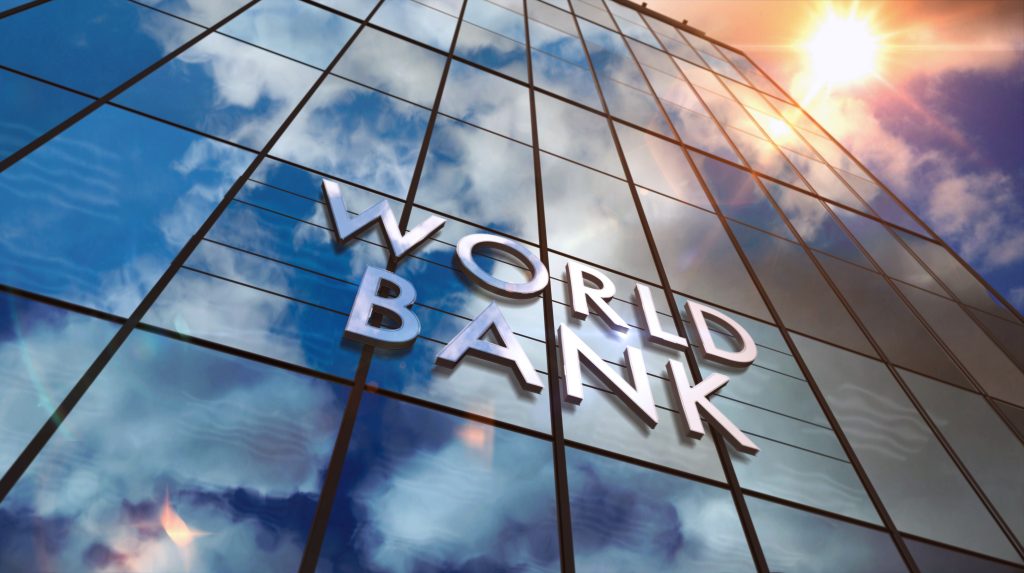Official numbers show that the United Kingdom‘s economy entered a recession in the latter three months of last year.
The Office for National Statistics reported that Gross Domestic Product (GDP), a fundamental indicator of economic activity, fell by 0.3%, a steeper drop than predicted.
This follows a 0.1% decline between July and September.

If the UK’s GDP decreases for two consecutive three-month periods (or quarters), it is deemed in recession.
The figures will be a blow to Prime Minister Rishi Sunak. Growing the economy was one of five promises he made in January 2023.
Meanwhile, Chancellor Jeremy Hunt is less than three weeks away from presenting his new budget.
The figure for the final three months of last year was worse than a 0.1% fall widely forecast by financial markets and economists. According to the ONS, there a slowdown in all the main sectors it measures to determine the health of the economy, including construction and manufacturing.
Commenting on GDP, Mr Hunt said: “While interest rates are high – so the Bank of England can bring inflation down – low growth is not a surprise.”
But he added that there were “signs the British economy is turning a corner”.
Shadow chancellor Rachel Reeves said Mr Sunak’s pledge to grow the economy was “in tatters”.
“This is Rishi Sunak’s recession and the news will be deeply worrying for families and business across Britain.”
Recent figures showed that inflation – which measures the pace of price prises – remained at 4% in January.
The Bank of England had been lifting interest rates to put the brakes on inflation but has kept them at 5.25% since August last year.
Ruth Gregory, deputy chief UK economist at Capital Economics, said the latest economic figures “might nudge the Bank of England a little closer to cutting interest rates”.
“But we doubt the Bank will be too worried about what is likely to be a mild and short recession,” she added.
For the year as a whole, the economy grew by 0.1%.
“While it has now shrunk for two consecutive quarters, across 2023 as a whole the economy has been broadly flat,” said Liz McKeown, director of economic statistics at the ONS, said.
Treasury sources have confirmed to BBC News that the chancellor is looking at a larger pencilled-in squeeze on public spending as a way to deliver tax cuts.


